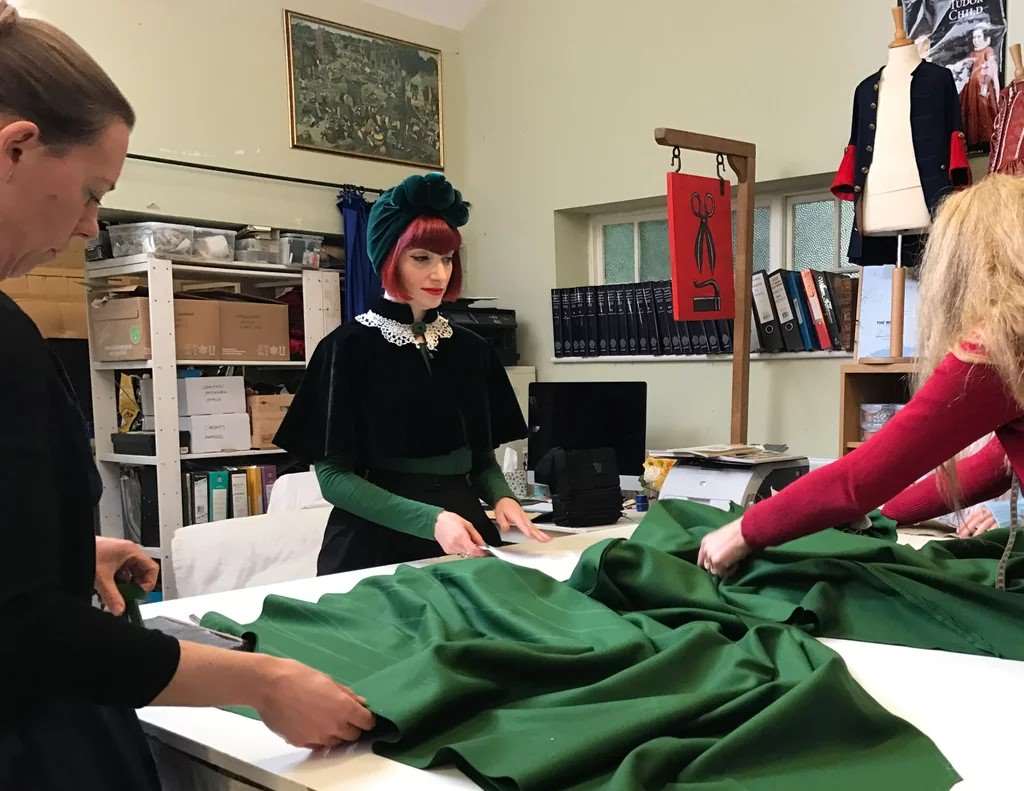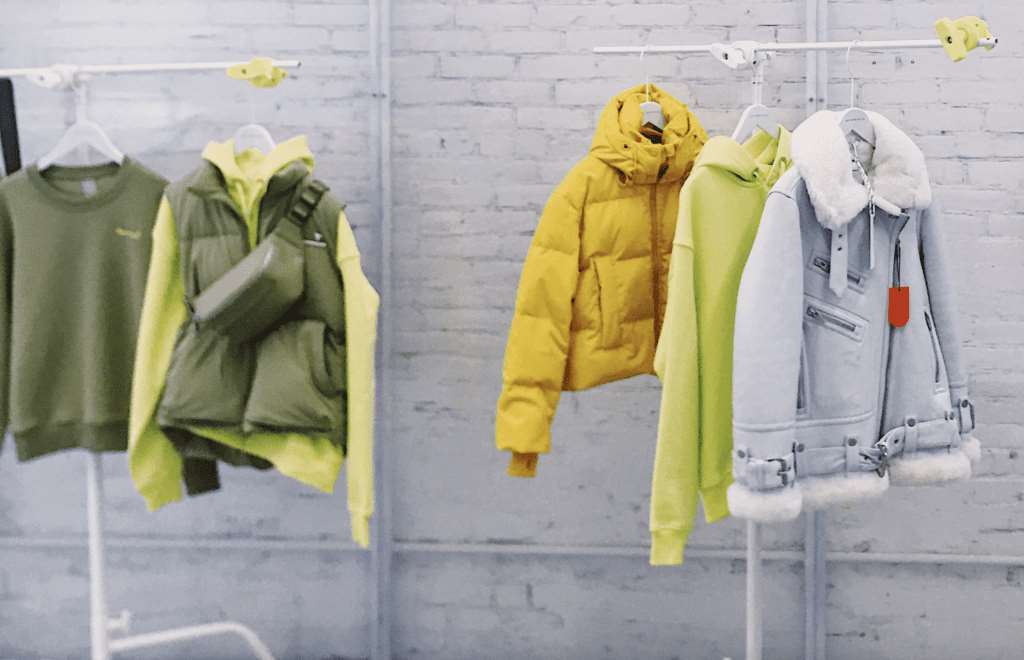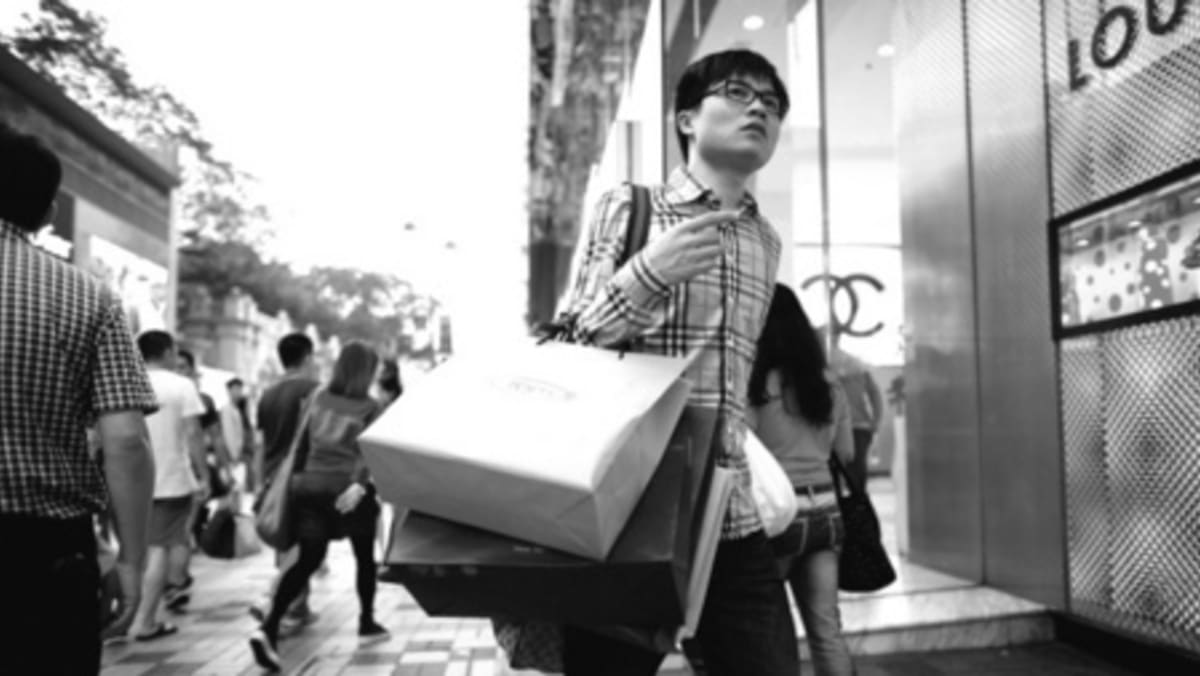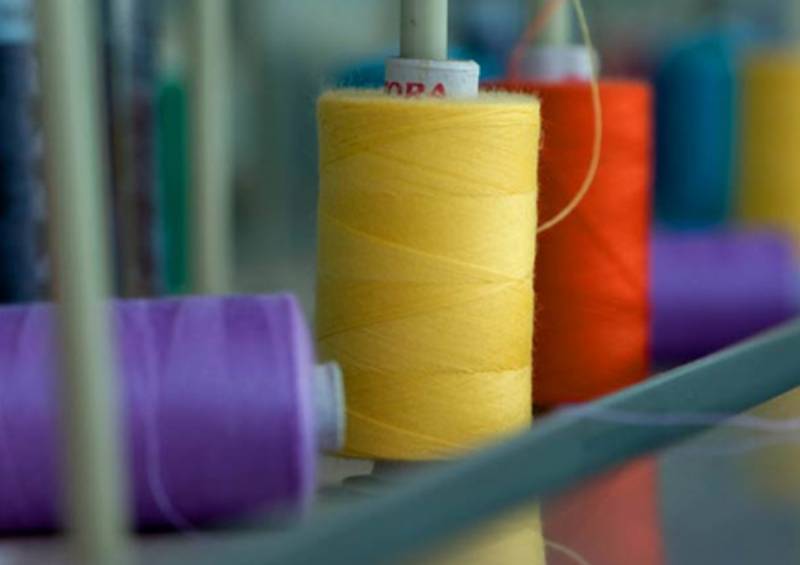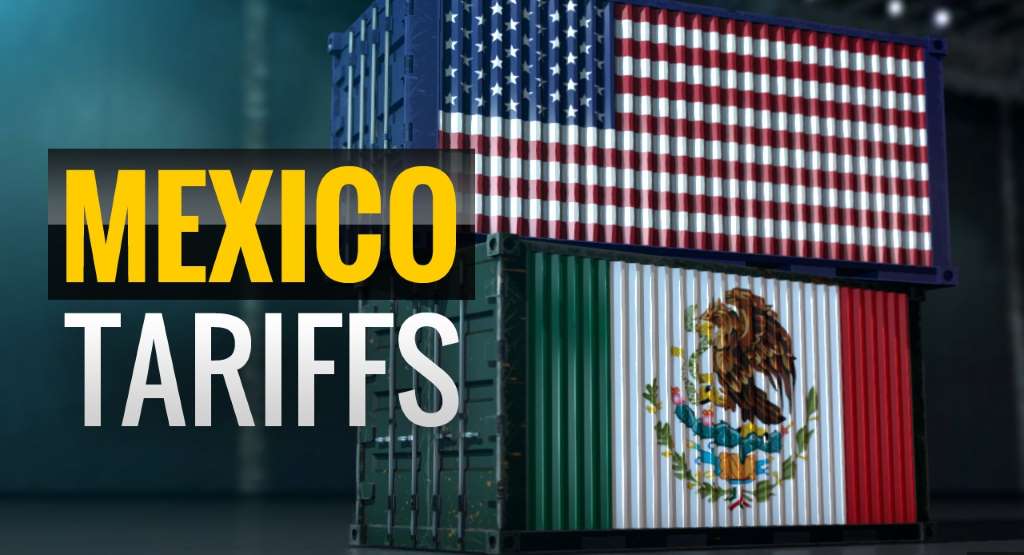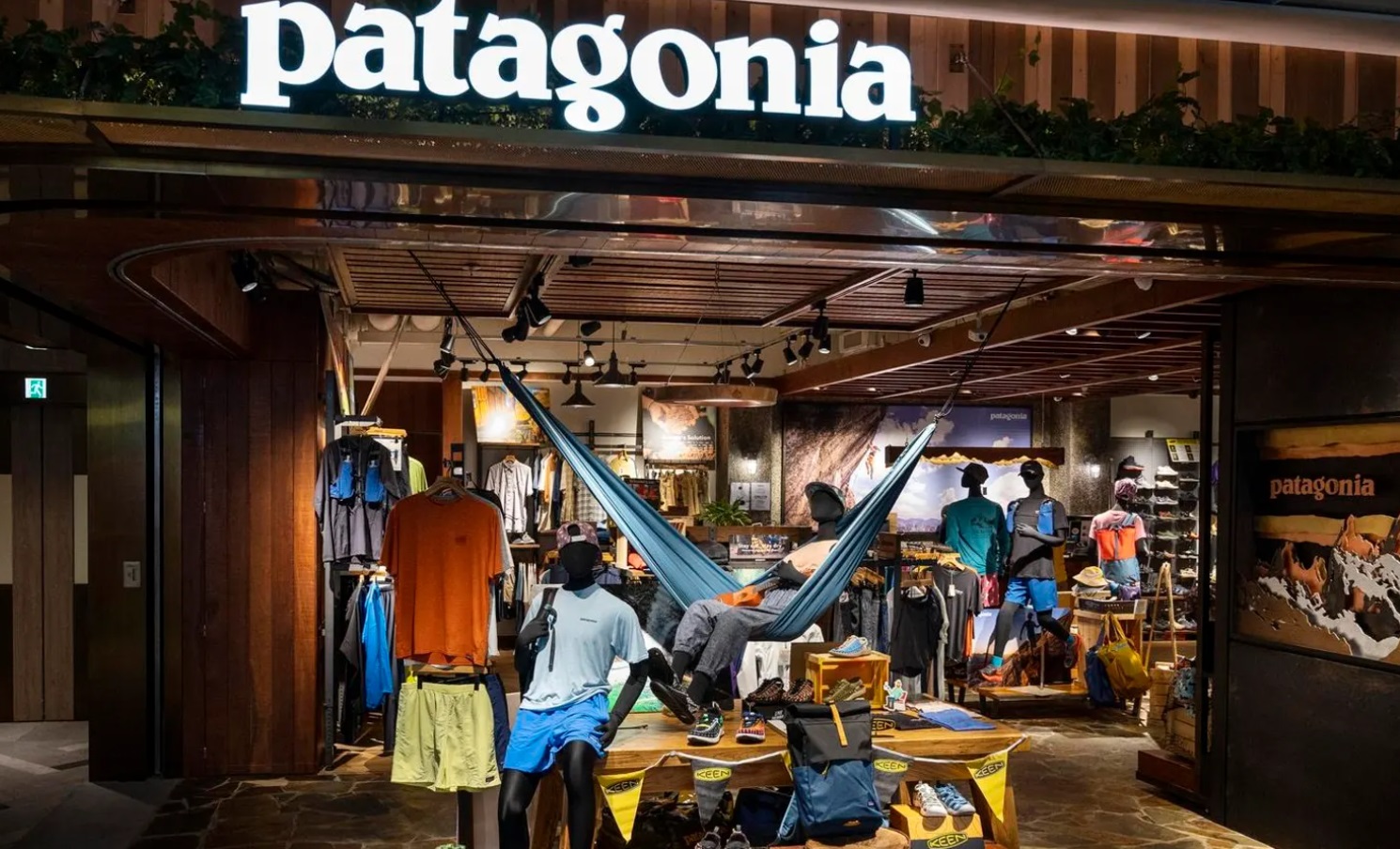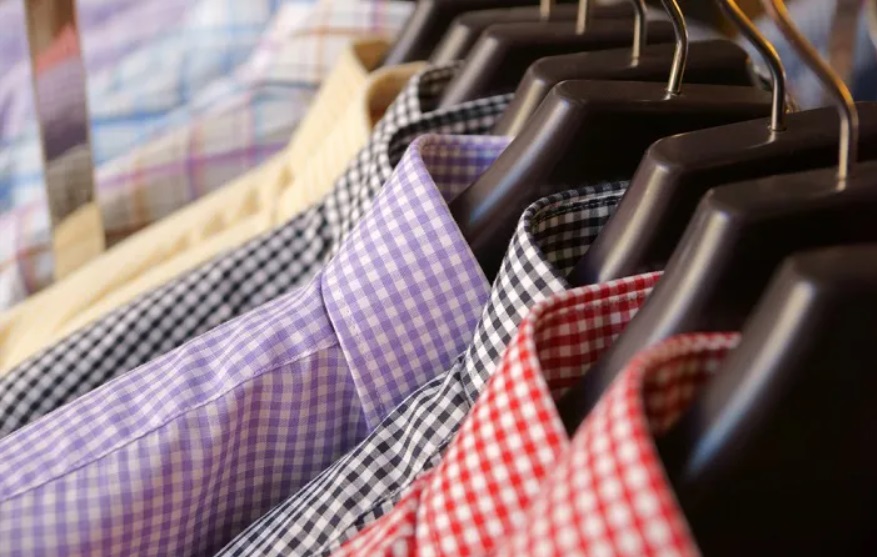FW
Trutzschler Group is gearing up to showcase its trailblazing advancements in spinning, card clothing, and nonwovens at ITM Istanbul, Turkey, running from June 4th to June 8th, 2024. The spotlight will be on Booth 714A in Hall 7, where visitors can witness firsthand the pinnacle of textile technology.
In the realm of spinning, Trutzschler will unveil a trifecta of innovations addressing crucial customer demands: heightened efficiency, sustainable raw material utilization, and intelligent automation. Their showcase will feature the TC 30i card and IDF 3 integrated draw frame, alongside the innovative TCO 21XL, heralded as the world's premier 12-head comber. Moreover, the introduction of Truecycled, a brand dedicated to textile recycling, underscores Trutzschler's commitment to sustainability.
Trutzschler Card Clothing (TCC) will present a comprehensive array of technologies, with a focus on Supertip, renowned for its durability and precision, elevating yarn quality and operational uptime. Emphasizing sustainability, TCC will highlight its contributions to recycling applications.
In the domain of nonwovens, Trutzschler will shine a light on premium, sustainable solutions tailored for flushable and baby wipes, alongside innovations like the T-Suprema needle-punching line, catering to diverse industrial applications.
ITM Istanbul 2024 promises to be a pivotal event, offering industry stakeholders a glimpse into the future of textile manufacturing with Trutzschler at the forefront of innovation.
Texworld Apparel Sourcing Paris's trend book, ‘IMPERFaiCTION’, for the Autumn-Winter 2025-2026 season delves into the juxtaposition of human limitations against the burgeoning potential of artificial intelligence. The collection, created by artistic directors Louis Gérin and Grégory Lamaud, offers a poetic interpretation of human flaws and frames our biological reality as a "zone to defend."
Set to debut from July 1-3, 2024, at the Parc des Expositions, Porte de Versailles, the trend book presents four distinct themes:
Confrontation: This theme highlights the stark contrast between AI's limitless capabilities and human fragility. The color palette is rooted in nature with ivory, soft green, and woody tones, complemented by protective, fluffy textures inspired by the geological world.
Seduction: Here, the allure of AI is at its peak. The theme celebrates life's vibrancy through organic textures, human motifs, and mineral inlays. The colors range from carnal and languorous to bright and floral, encapsulating the enchanting phase of technological fascination.
Alienation: As AI dominance grows, human autonomy diminishes. This theme showcases warm, assertive colors applied to life-like materials, featuring draped textures and embroidery, symbolizing the encroachment of AI into every aspect of life.
Annihilation: In the final theme, AI completely overtakes humanity, leading to our erasure. The color scheme is stark and mineral, with technical fabrics creating smooth, metallic, and lunar-inspired textures.
These themes will be featured in two Trend Forums: one for fabrics at Texworld Paris and another for finished products at Apparel Sourcing Paris. Visitors can explore the curated looks, fabrics, and products, offering a comprehensive glimpse into the envisioned future of fashion.
Maintaining a robust trajectory, Pakistan’s textile exports reached $13.68 billion during the first ten months (July – April) of the fiscal year 2023-24.
Representing a marginal decline of 0.19 per cent compared to the same period in the previous fiscal year, this figure highlights the resilience of Pakistan's textile sector amidst global economic fluctuations.
According to a report by the Pakistan Bureau of Statistics (PBS), despite the slight dip, several textile commodities experienced positive trade growth. Exports of raw cotton grew by an impressive 319.91 per cent, from $13.357 million last year to $15.944 million this year. Cotton yarn exports increased by 32.83 per cent, rising from $636.832 million to $845.923 million, while bed wear exports saw a 1.82 per cent growth, climbing from $2,249.778 million to $2,290.796 million.
Exports of towels also witnessed significant growth of 4.81 per cent, reaching $864.547 million from $824.879 million, and made-up articles rose by 0.67 percent to $589.026 million from $585.102 million.
However, exports of certain textile commodities experienced negative growth during the review period. For instance, exports of cotton cloth declined by 7.53 per cent, from $1,684.724 million to $1,557.909 million, while exports of cotton carded or combed decreased by 15.93 per cent, from $0.996 million to $0.837 million. Exports of yarns other than cotton yarn declined by 20.76 percent, dropping from $36.302 million to $28.766 million while knitwear exports dipped by 3.92 percent, decreasing from $3,712.066 million to $3,566.624 million.
Similarly, exports of tents, canvas, and tarpaulin decreased by 16.52 per cent, from $116.959 million to $97.632 million, and ready-made garments saw a slight decrease of 0.57 percent, declining from $2,904.693 million to $2,888.177 million. Additionally, exports of art, silk, and synthetic textiles experienced a decline of 12.08 per cent, dropping from $342.917 million to $301.496 million.
Despite these fluctuations, Pakistan’s textile exports witnessed a year-on-year increase of 0.37 percent, rising from $1,232.803 million in April 2023 to $1,237.316 million in April 2024. However, on a month-on-month basis, textile exports decreased by 4.84 percent compared to the exports of $1,300.288 million in March 2024.
Teejay Lanka PLC, Sri Lanka's pioneering multinational textile manufacturer, reported a significant net profit growth in the final quarter of the 2023-24 financial year. The company achieved a net profit of Rs 549.1 million for the quarter ending March 31, 2024, marking a 260 per cent increase over the same period last year and a 15 per cent rise from the previous quarter.
This impressive quarterly performance helped offset the year's challenges, which included the appreciation of the Sri Lankan Rupee. Despite an increase in sales volumes, quarterly revenue fell by 4 per cent from the third quarter and 12 per cent from the previous year, totaling Rs 15.3 billion.
For the full fiscal year, Teejay Lanka reported revenue of Rs 60.8 billion, a profit before tax of Rs 1.6 billion, and a net profit of Rs 1.1 billion, reflecting declines of 28 per cent, 49 per cent, and 48 per cent respectively from 2022-23 due to softer global market conditions. However, the company maintained a robust balance sheet with cash and equivalents of Rs 8.9 billion and net assets of Rs 30.1 billion. The net asset value per share was Rs 42, down 6 per cent year-on-year due to currency fluctuations.
CEO Pubudu De Silva attributed the Q4 profit growth to effective capacity utilization and stable yarn prices, expressing confidence for the future. Chairman Ajit Gunewardene highlighted strategic initiatives aimed at digitalization, ESG frameworks, cost reduction, new product development, and human capital enhancement as pivotal for future resilience.
Teejay Lanka's adherence to high standards is underscored by its ISO certifications and recognition by Transparency International Sri Lanka for corporate reporting transparency. The company's strategic backers include Brandix Lanka and Pacific Textiles, enhancing its market position and operational strength.
Italian textile machinery manufacturers are gearing up for a significant presence at the upcoming ITM industry trade fair in Istanbul from June 4 to 8, 2024. Turkey, as a key trading partner, holds immense importance for Italy's textile machinery sector, ranking second among foreign markets. In 2023 alone, Italian textile machinery exports to Turkey amounted to a substantial 183 million euros.
At ITM, Italian companies will showcase their cutting-edge solutions, with 16 exhibitors featuring in the area organized by the Italian Trade Agency and ACIMIT – the Association of Italian textile machinery manufacturers. These include renowned names like Bematic, Kairos, and Martex, among others.
Marco Salvade, President of ACIMIT, emphasized the strong partnership between Italy and Turkey in the textile industry, with Turkish manufacturers investing significantly in Italian technology over the years. Salvade highlighted Italy's leadership in supplying advanced technology, particularly in digitalizing production processes, which enhances efficiency and optimization.
The focus at ITM will be on showcasing the latest technological developments aimed at boosting the competitiveness of Turkish textiles. Italian exhibitors are poised to offer tailored solutions that align with the evolving needs of the Turkish market, reinforcing Italy's position as a preferred technology provider in the sector.
B.I.G. Yarns makes a grand entrance at Clerkenwell Design Week 2024, unveiling a groundbreaking fusion of sustainable craftsmanship, vibrant hues, and innovative design. As a pivotal moment for the design industry, the event serves as a global stage for B.I.G. Yarns to redefine the future of spaces with their eco-conscious yarn materials.
The spotlight shines on their array of future yarns, meticulously crafted from renewable sources and recycled content, including the revolutionary low-impact PA6 carpet yarn. Offering a comprehensive solution, B.I.G. Yarns presents their coveted Eqo-range, featuring the sustainably focused EqoBalance, EqoCycle, and EqoYarn, alongside Solution Dyed BCF PA6 nylon.
Glenn Hyzak, Global Sales Director Yarns, emphasizes the company's dedication to reducing environmental footprint while empowering designers with a spectrum of vibrant hues. At the heart of their ethos lies the belief that sustainability should not compromise artistic expression, evidenced by their eco-friendly yarn solutions that offer unparalleled color freedom.
Clerkenwell attendees are treated to an immersive experience at B.I.G. Yarns' booth, where the Sustainable Yarns platform takes center stage, guiding industry professionals towards responsible manufacturing practices. The Color Studio captivates visitors with a kaleidoscope of sustainable design options, showcasing the seamless integration of design, color, and sustainability.
Belinda Ottevaere, B.I.G. Yarns Key Account Manager, champions the convergence of design and sustainability, foreseeing a future where spaces are tailored to evoke sensory experiences. Initiatives like the 'Catch the Color' event empower designers to curate bespoke color palettes, revolutionizing the narrative from 'form follows function' to 'form follows feeling.'
Kraig Biocraft Laboratories, proudly reports significant strides in its spring production trials, marking a pivotal moment in the company's trajectory towards scaled manufacturing of spider silk. The firm remains dedicated to transparency, ensuring shareholders and the public are well-informed about its achievements and future plans. However, recent scrutiny from the OTC Markets Group regarding its investor relations (IR) program has prompted a review of its practices.
A recent editorial on 24/7 Market News, penned by a third-party contractor under the company's IR team, has garnered attention for its discussion on spider silk production advancements and potential market impacts. While Kraig Labs asserts the publication adheres to truthfulness and factual accuracy, it clarifies its lack of editorial control over the content.
Striving for compliance and transparency, Kraig Labs emphasizes the full disclosure of financial compensation to IR providers and cautions against speculative market predictions. Despite the rigorous adherence to regulatory standards, the company underscores its commitment to enhancing shareholder value through consistent communication and operational progress updates.
Moreover, Kraig Labs reassures stakeholders of its ethical conduct, highlighting no recent trading activities among company officers or third-party providers. The CEO's acquisition of a restricted non-tradable preferred share is duly noted, reinforcing the company's commitment to comprehensive reporting.
With optimism for the future, Kraig Labs anticipates continued growth and innovation in the field of recombinant spider silk, leveraging its recent achievements to propel market momentum and shareholder confidence.
Designer duo Paolina Russo, recognized in Forbes' 30 under 30 list, unveiled their latest creation, marking a significant step in sustainable fashion. Crafted from a blend of Spinnova fiber and cotton, the outfit showcases a denim-like fabric woven in Finland and dyed using natural pigments sourced from pine and indigo.
Breaking away from the conventional perception of sustainable fashion as muted, the ensemble—a mini skirt, oversized jacket, and jeans—exudes vibrancy and creativity. Each piece is meticulously dyed and printed by hand, ensuring uniqueness.
Lucile Guilmard and Paolina Russo, the innovative minds behind the brand, emphasize the versatility of Spinnova fiber, heralding it as the ideal material for sustainable experimentation. Drawing inspiration from sportswear and folklore, they employed distress weave methods, screen printing, and natural dyes to infuse denim aesthetics with a fresh twist.
Their creation recently competed in the Challenge the Fabric Award, championing the utilization of man-made cellulosic fibers to promote a shift towards bio-based and recycled materials. Unlike conventional man-made cellulosic fibers, Spinnova fiber is produced mechanically, devoid of harmful chemicals.
Tuomas Oijala, CEO of Spinnova, commends the duo's initiative in spearheading sustainable fashion, affirming their pivotal role in reshaping the textile industry. The collaboration underscores a shared commitment to innovation and sustainability, promising a brighter future for fashion.
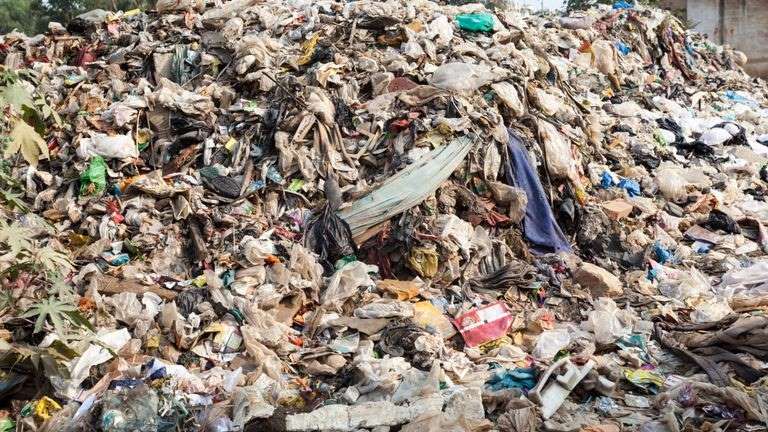
Despite growing awareness of sustainable fashion, a new report by WRAP, a leading climate action NGO, reveals that nearly half of all used clothes in the UK still end up in general waste bins.
The report, titled ‘Textiles Market Situation Report 2024’, highlights that in 2022, out of the 1.45 million tons of used textiles generated in the UK, a staggering 421,600 tons were discarded in household bins. This translates to an average of 35 unwanted garments thrown away per person every year.
Clogging landfills
While some of this discarded clothing gets incinerated with energy recovery, a significant portion, around 11 per cent, ends up in landfills. This trend is particularly concerning as it highlights a missed opportunity for reuse and recycling within the textile industry.
The report also points to a decline in the value of donated textiles. Between 2013 and 2023, the price per tonne for donations to textile banks and charity shops has dropped by 57.5 per cent and 41 per cent respectively (not accounting for inflation). This suggests a potential saturation in the second-hand clothing market, calling for innovative solutions to manage textile waste.
“The report's findings highlight the need for a more comprehensive approach to used clothing," says a spokesperson for WRAP. "Encouraging consumers to buy less, buy better quality, and extend the life of their clothes are crucial steps. Additionally, supporting businesses that prioritize reuse and recycling can create a more circular textile system."
With increasing consumer awareness and industry action, the textile industry has the potential to move towards a more sustainable future. However, as the WRAP report suggests, there's still a long way to go before we stop throwing away clothes like yesterday's news.
The report underscores the need for a multi-pronged approach to achieve a more circular textiles system. This could involve encouraging consumers to buy less clothing and invest in higher quality pieces that last longer. Additionally, it highlights the importance of innovation in textile recycling technologies and exploring possibilities for Extended Producer Responsibility (EPR) schemes, where brands are held financially accountable for the end-of-life management of their products.
“The WRAP report serves as a stark reminder of the significant work that remains to be done in creating a sustainable future for clothing," said an industry expert. "By addressing these challenges, we can move towards a more circular economy for textiles, reducing waste and our environmental impact.”
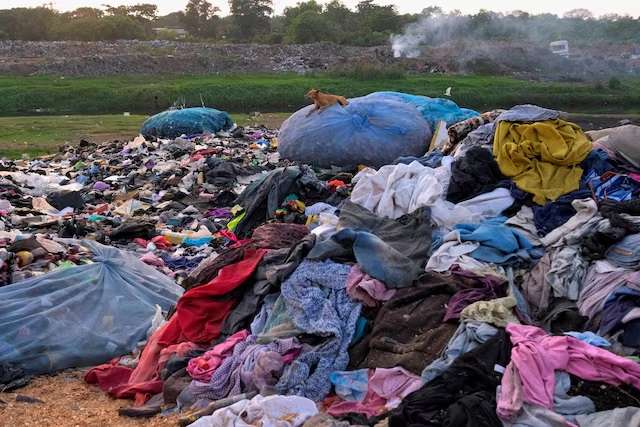
The fashion industry is a major contributor to textile waste, with Europe alone generating 5.2 million tons annually. France is proposing a ban on EU exports of used clothing, aiming to curb this waste and prevent African nations from becoming dumping grounds for unwanted garments. This proposal has sparked a debate, raising questions about its effectiveness, potential consequences, and alternative solutions.
A mounting waste crisis
Fast fashion, characterized by cheap, trendy clothing with a short lifespan, is a key driver of textile waste. The European Union alone generates a staggering 5.2 million tons of clothing and footwear waste annually, according to the European Commission. Much of this ends up in landfills or gets shipped to developing countries, particularly in Africa. A 2023 report by the European Environment Agency found that Europe dumps a whopping 90 per cent of its used clothes in Africa and Asia, raising concerns about pollution and environmental damage.
France's backs responsibility and sustainability
France, backed by Sweden and Denmark, argues that the EU must take responsibility for its waste. Their environment ministry emphasizes the environmental damage caused by overflowing landfills in Africa, stating, "Africa must no longer be the dustbin of fast-fashion." The proposed ban aims to incentivize waste reduction and promote a more sustainable clothing industry within the EU.
However, the effectiveness of a ban is debated. While it might reduce waste in Europe, it could disrupt economies in Africa that rely heavily on the second-hand clothing trade. Opponents argue the ban could potentially harm African livelihoods as millions in Africa rely on the sale of imported used clothing for income. A ban could threaten these jobs. Also, it could stifle domestic industry as some argue cheap used clothing hinders the growth of domestic textile industries in Africa. However, the quality of much of the imported clothing is poor, raising concerns about its overall impact. The ban could also disrupt existing trade agreements. A unilateral EU ban could violate existing trade agreements with African nations. The case of the East African Community's failed attempt to ban used clothing imports due to US pressure highlights this potential issue.
For example, the 2016-2020 trade dispute between the East African Community (EAC) and the US over used clothing imports exemplifies the complexities involved. While the EAC sought to boost domestic manufacturing, US pressure ultimately forced them to abandon the ban. This case demonstrates the potential for unintended consequences and the importance of international cooperation.
Dialogue and comprehensive solutions the way forward
Indeed, a complete ban on used clothing exports might be an oversimplification. Instead, a more comprehensive approach is likely needed. Experts suggest some possibilities:
Promoting sustainable Production: Incentivize European clothing manufacturers to adopt sustainable practices, such as using recycled materials and designing for durability.
Supporting local manufacturing in Africa: Offer technical and financial assistance to help African countries develop their textile industries and create a level playing field with imported goods.
Improve sorting and recycling systems: Invest in better infrastructure to sort and recycle used clothing within the EU, reducing reliance on export.
Global dialogue: An open dialogue between the EU, African nations, and other stakeholders is crucial to find solutions that address environmental concerns while protecting livelihoods and fostering development.
Certainly, the proposed EU ban on used clothing exports highlights the complex relationship between waste management, economic development, and global trade. While a complete ban might be a symbolic gesture, it's unlikely to be the most effective solution. A multi-pronged approach that addresses the root causes of textile waste and promotes a more sustainable clothing industry across the globe is likely a more promising path forward.

